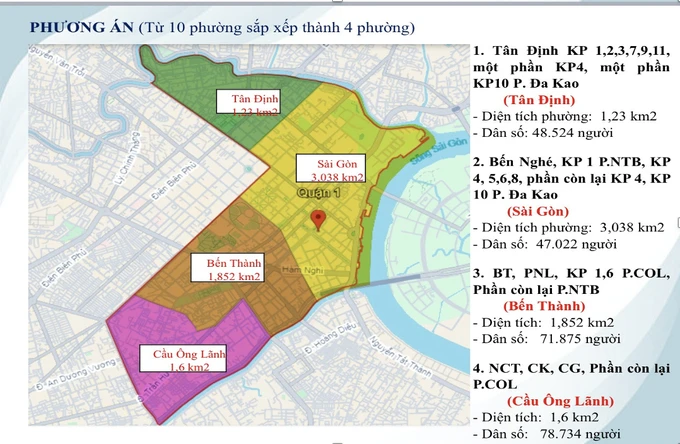Online Scams: Real Cyberspace Damage
Online fraud continues to rage, causing serious consequences for hundreds of thousands of Vietnamese users in 2024. According to a survey by the National Cyber Security Association, 1 in 220 users will be a victim of online fraud, a rate of 0.45%. The total damage caused by online fraud in 2024 is estimated at VND 18,900 billion.

In fact, the number of victims of fraud is large, but the number of people who can get their money back is very small. When falling into a fraud trap, although 88.98% of users said they immediately warned and talked to relatives and friends, only 45.69% of respondents said they reported to the authorities, this is a quite low rate.
According to the association's experts, reporting to the authorities when encountering fraud is essential to protect the rights of the victims and prevent illegal acts. Firstly, reporting will help the authorities have timely information to investigate and collect evidence, thereby increasing the ability to arrest and handle fraudsters. Secondly, reporting can also help the victim recover part or all of the stolen property, especially when the authorities intervene early and freeze the related assets.
Furthermore, each reported scam will contribute to building a database of the tricks and methods of operation of the subjects, thereby warning the community, preventing the subjects from continuing to commit fraud, causing damage to many others. Therefore, reporting not only protects individuals but also contributes to building a safer, more transparent, and healthier online environment for the community.
Common forms of fraud
The forms of attacks on users by scammers are diverse and sophisticated. The three most common forms in 2024 include: luring users into fake investment schemes, promising high profits; impersonating the identities of agencies and organizations; and fraudulent announcements of big prizes and promotions.
In addition to sophisticated scenarios, scammers have used many modern technologies such as: Deepfake artificial intelligence technology to create fake videos and voices to build trust from victims; applying automatic tools (chatbots) to continuously communicate with victims; using specialized software on computers to make telecommunication calls, reaching many people at the same time... The application of high technology makes many victims unable to distinguish between real and fake when exposed to fake content, leading to easy deception.
Mr. Vu Ngoc Son, Head of Technology Department, National Cyber Security Association, warned: “Online fraud attacks will continue to be rampant in 2025. In addition to measures from management agencies, users still need to raise their vigilance and safety skills when participating in cyberspace. Do not share personal information with strangers or untrusted services. Carefully verify any calls or exchanges related to money transfers. Use the nTrust anti-fraud application to filter and block fraudulent phone numbers and malicious websites.”

In addition, malware continues to attack individual users. In 2024, the world witnessed many new trends, including the shift in the target of malware attacks from individuals to organizations. However, according to Mr. Vu Ngoc Son, Head of Technology Department of the Association: "Although the target may be to attack organizations, when deploying, hacker groups always choose to attack users as the first stepping stone. In the coming years, individual users will still be the favorite target of malware."
The most common cause of malware infection is that users install applications from unknown sources. Experts recommend that users avoid downloading software from unknown sources, especially from links received via chat or email. When you need to install software, go directly to official app stores or official websites provided by the manufacturer. Regularly update the operating system to patch vulnerabilities, install reputable anti-virus software and back up data regularly to minimize damage when attacked.
Individual users also need to equip themselves with knowledge, use advanced security tools and be more careful in sharing information in cyberspace. Authorities and cybersecurity organizations need to coordinate to effectively deal with new challenges, protecting a safer and more trustworthy cyberspace.
Source: https://daidoanket.vn/lua-dao-truc-tuyen-nam-2024-nguoi-dung-viet-thiet-hai-18-900-ty-dong-10296638.html




![[UPDATE] April 30th parade rehearsal on Le Duan street in front of Independence Palace](https://vstatic.vietnam.vn/vietnam/resource/IMAGE/2025/4/18/8f2604c6bc5648d4b918bd6867d08396)

![[Photo] Prime Minister Pham Minh Chinh receives Mr. Jefferey Perlman, CEO of Warburg Pincus Group (USA)](https://vstatic.vietnam.vn/vietnam/resource/IMAGE/2025/4/18/c37781eeb50342f09d8fe6841db2426c)


































































































Comment (0)